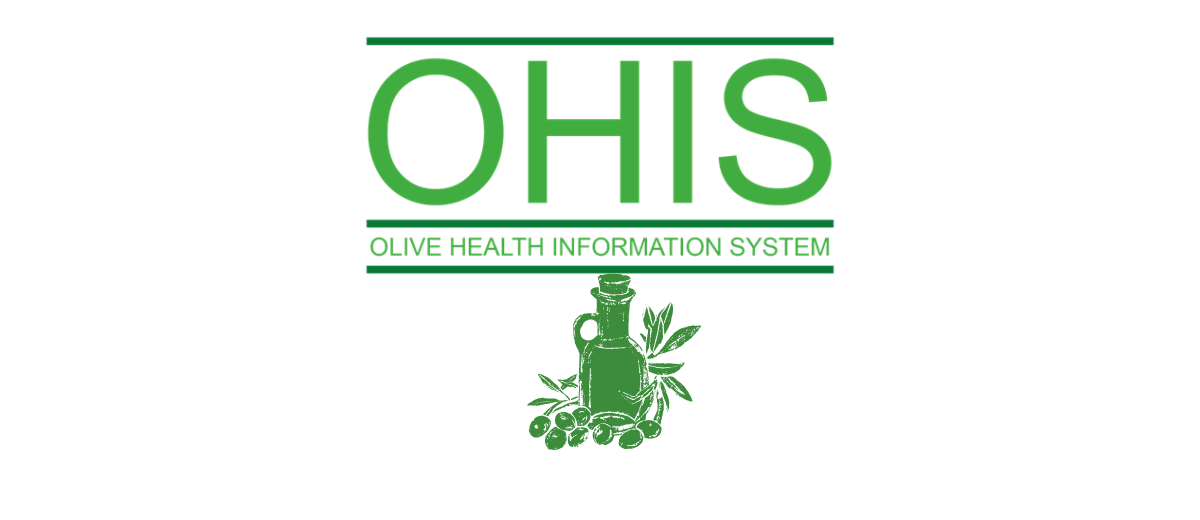This week on the Olive Health Information System website
The newsletter of the University of Navarra and the IOC dedicated to health
Olive oil, the primary culinary fat of the Mediterranean diet, has been linked to improved health outcomes. Studies suggest that the polyphenols and monounsaturated fatty acids, such as oleic acid, found olive oil may help reduce inflammation, oxidative stress, and protect against obesity. While olive oil is well known for its cardiometabolic benefits, concerns exist due to its high energy density, which could contribute to weight gain. Previous research, including the PREDIMED trial (PREvención con Dieta MEDiterránea), indicated that olive oil consumption within a Mediterranean diet does not lead to weight gain. However, evidence from long-term U.S. cohort studies has been lacking—until now.
This week, a prospective cohort study examined the relationship between long-term changes in olive oil consumption and body weight in three major U.S cohorts: the Nurses’ Health Study (NHS), Nurses’ Health Study II (NHSII), and Health Professionals Follow-up Study (HPFS). The analysis included 121,119 participants, with weight changes tracked over multiple four-year periods. On average, weight gain was highest in NHSII (1.8 kg), followed by NHS (1.2 kg) and HPFS (0.9 kg). Notably, researchers found that an increase of just ½ tablespoon (7 g) of olive oil per day was inversely associated with weight change (-0.09 kg, 95%CI -0.11, -0.08 kg; p<0.0001). In contrast, increasing the intake of other fats—such as vegetable oils, butter, and margarine—was positively associated with weight gain. Substituting olive oil for these fats resulted in lower weight gain, with the strongest benefit observed when replacing butter with olive oil (-0.52 kg; 95% CI: -0.57, -0.47; p < 0.0001).
The study concludes that increasing olive oil intake is linked to less weight gain over time, suggesting that it is a healthier fat choice compared to butter, margarine, or other vegetable oils. These findings reinforce dietary recommendations that emphasize the quality of fats over their quantity for weight control and cardiometabolic health. Substituting olive oil for less healthy fats may help reduce weight gain, even in non-Mediterranean populations, such as those in the United States.
Other articles mentioned this week in the OHIS newsletter:
Olive oil
Cardiovascular
Mediterranean Diet
Chronic disease
Others
Early life factors, diet and microbiome, and risk of inflammatory bowel disease.









